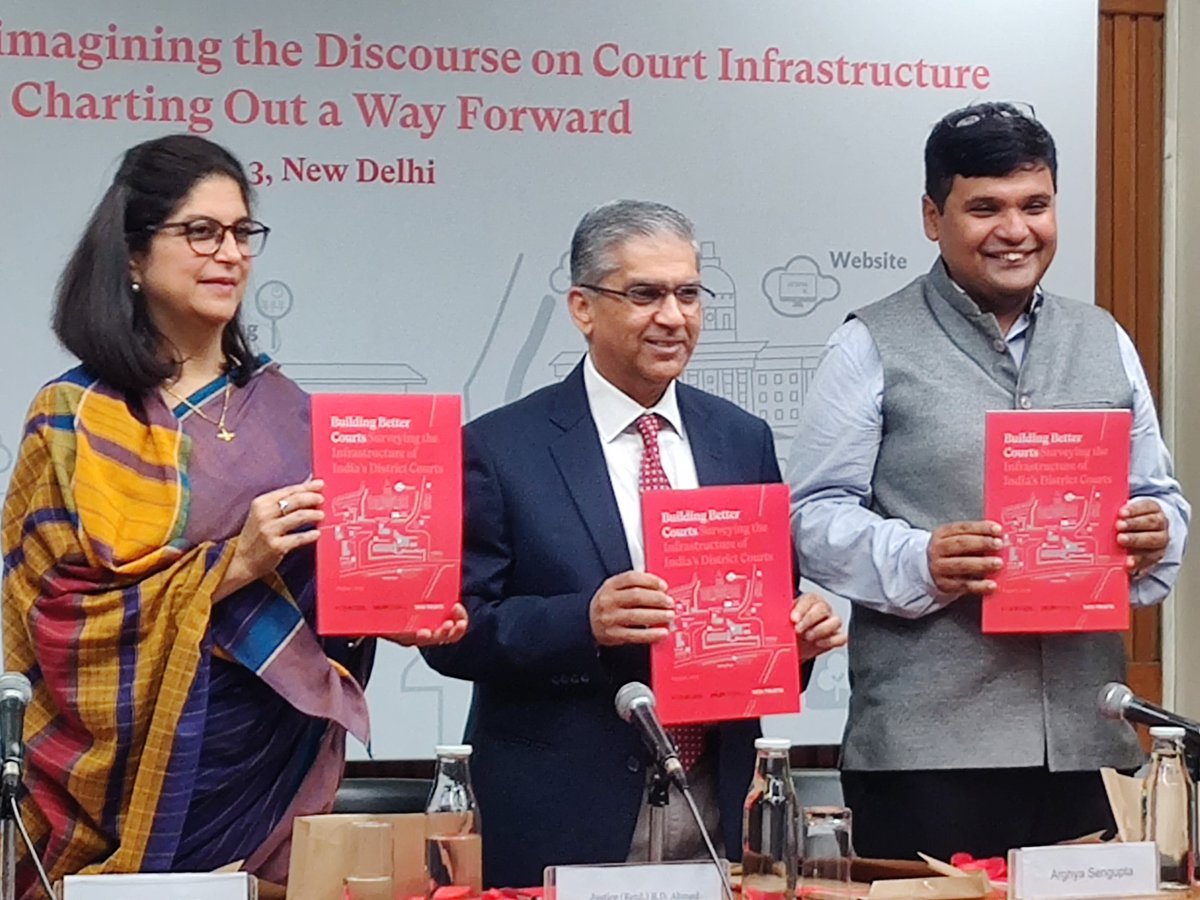Vidhi's Panel Discussion On Infrastructure Of India's District Courts: Key Highlights
Karan Tripathi
3 Aug 2019 10:39 PM IST

Next Story
3 Aug 2019 10:39 PM IST
Vidhi Centre for Legal Policy organised a panel discussion to launch its Building Courts: Surveying The The infrastructure of India's District Courts which highlights the state of infrastructure at various district court complexes across the country. The report provides a ranking of all the States and Union Territories based on the following nine parameters: Getting There, Navigation,...
